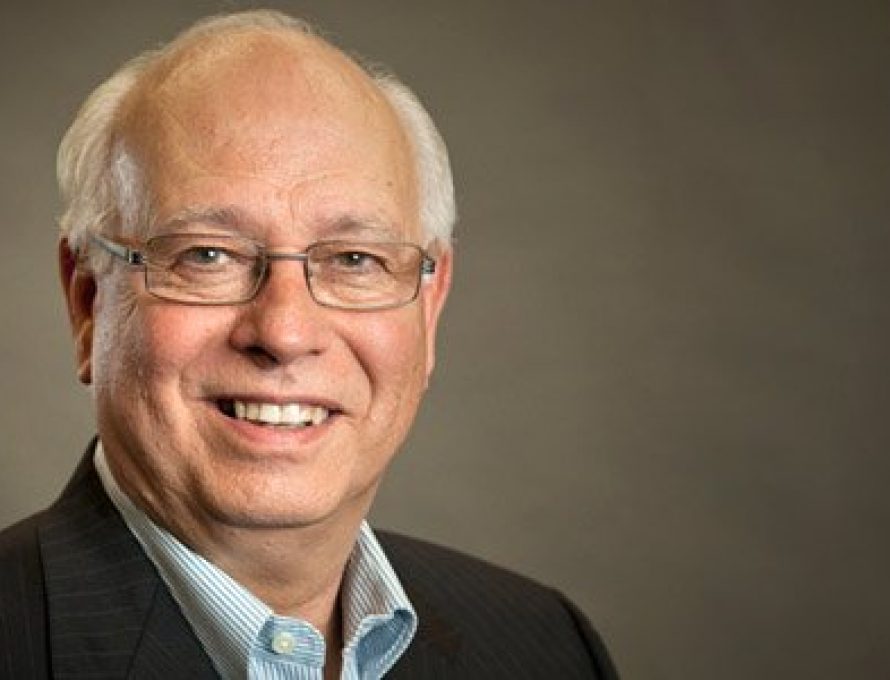For more than seven decades, my dad has helped people. It has always been his nature to lend a helping hand, and it was always right on time. He had this uncanny way of knowing how to fix anything mechanical. When someone would ask, “Henry, I can’t get this to work,” he was super-motivated to help.
Over the years, I observed there was nothing mechanically broken that he wasn’t willing to tackle. Read the instructions? Never! Most of the time, with some thought, some planning, some improvising, and some work, he would repair the item, so that the owner experienced years of dependable service. Dad often said, “That’s what we learned on the farm. You have to find ways to fix what is broken with what you have.”
Granted, in today’s mechanical world, things have changed a great deal. In the world of component mechanisms integrated with sensors, computer chips, and electrical circuits, there is a reduction of mechanical parts. Access to broken parts is limited by efficiencies and compacted spaces that require specialized training and tools to diagnose the problem and exchange parts. You really can’t fix the broken part; you just swap it out for a new one.
The last 12 months, many things church leaders thought were working are now broken or super stressed. Some things we hoped to accomplish were corrupted by a pandemic that came in like a tidal wave of destruction. Some methods were swept into oblivion, never to return. Yet, in so many ways, faithful church leaders have adjusted, improvised, called an audible, planned for a new day and new opportunities to communicate the gospel and make disciples.
Will the church survive the pandemic of 2020? Absolutely, yes! If we know anything about church history, if we take time to read the Scriptures, we know tough times come and go with the people of God, who gather to worship, to learn the Word and way of God. We will gather again. We are starting to gather already. Perhaps not in the same numbers as prior to March 2020, but the number of participants is rising across the landscape among the faithful.
How we worship and teach may look different from the methods launched in the post-war mid-1900s, but we are not forsaking the assembling of God’s people. We have learned we need each other, and we are motivated to seek the Lord together, to serve the Lord together. It’s part of the DNA of a Christ-follower.
Into this new day of “doing church,” some men of God are making right choices. A majority of pastors across our great state have formed prayer groups with other pastors. They’ve joined learning cohorts, listening sessions, or even enrolled in our institutions to re-tool for this new day. Most of our pastors are more attentive to their conversations with people. They know that on the whole, people are talking today about their fears, concerns, and mortality like they haven’t in decades. What a time to talk about the One who has the answer — the fix.
While there are many comparisons between COVID-19 and the plague of 1917-1918, today’s pastors know we haven’t experienced anything like what we are experiencing now. And this launches new opportunities to authentically propagate the gospel of the Lord Jesus. This moment, we must understand that every believer is responsible for the gospel, and that the bulk of our opportunities lie outside the church walls.
Be honest. Some systems in our churches were broken. Some were broken before COVID-19 arrived. They needed fixing. For example, our praying for the sick today is different than before. Today our prayer for the sick is life or death more than reciting who has surgery this week. Today, our cry for lost people is desperate as we see too many of our loved ones slip into hell’s eternity without Christ.
Many systems of the past are broken, and there is no Mr. Fix-it. What needs to be fixed is too big for a mere personality to tackle. Where is the solution? It’s not in machinery, methods, or manipulation. In our humanness, we can’t take out a broken part and plug in another.
The solution is the same it’s always been. As the Scriptures teach us, we must start on our knees with broken hearts before our God in repentance and lament. Sadly, it took a microscopic virus to stop us long enough to surrender our ways to our God in fresh surrender!
If we choose to go to our Lord, He has a way of taking the repentant heart and transforming lives into powerhouses of His grace. Then, when we come together, we form a contagious ecclesia abounding in faith, love, and forgiveness, transforming lives and communities with the gospel of our Lord Jesus Christ.

